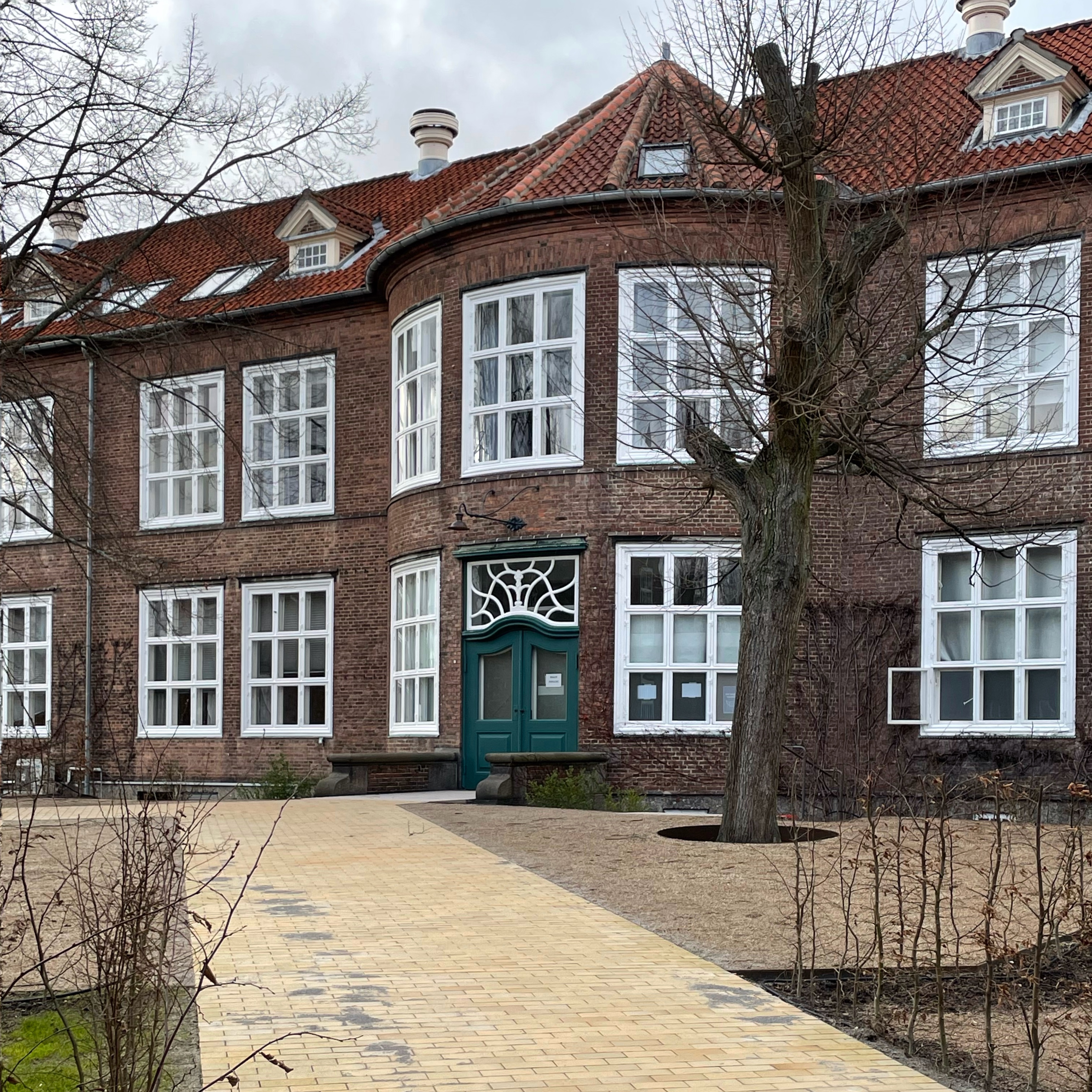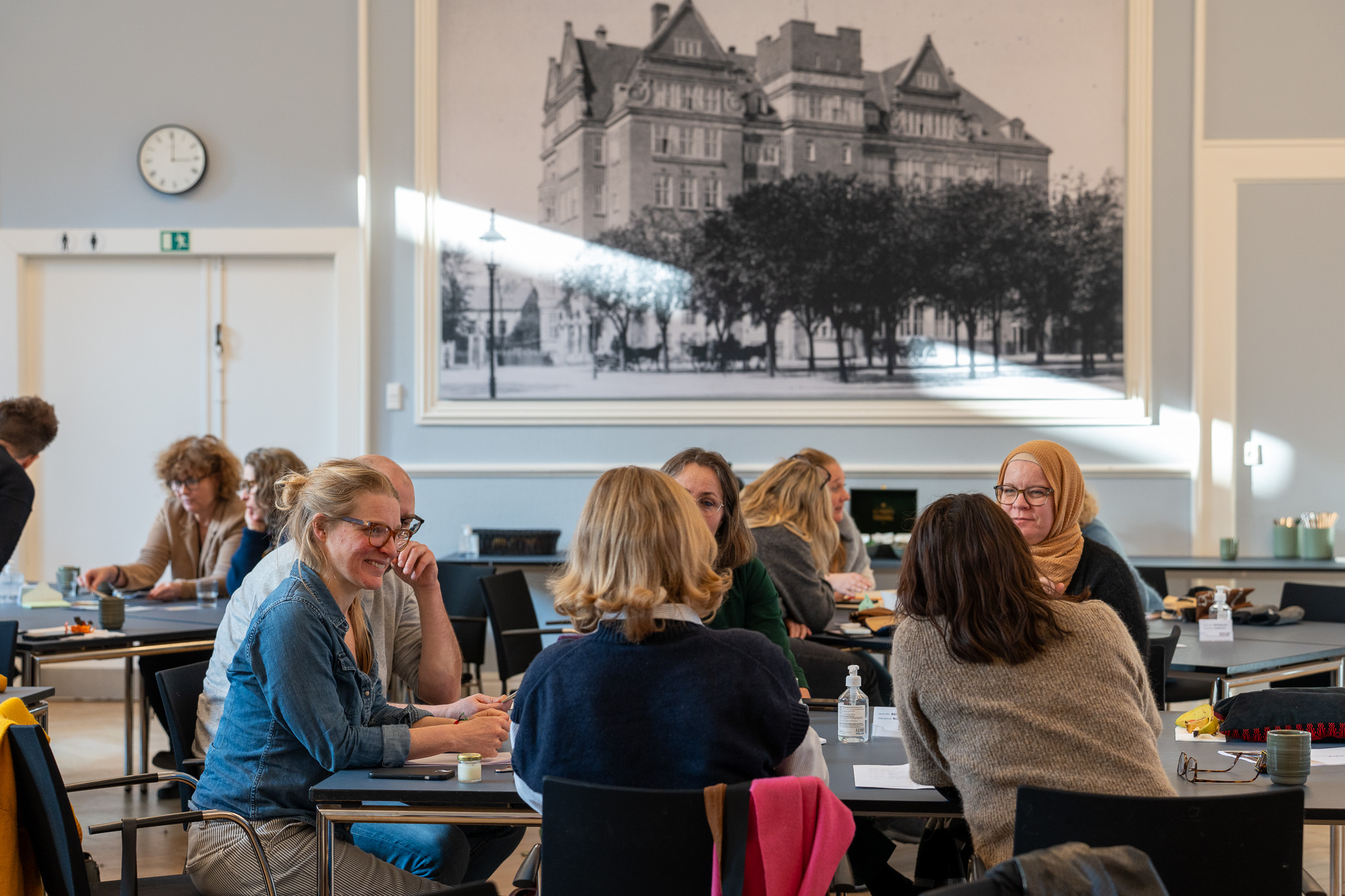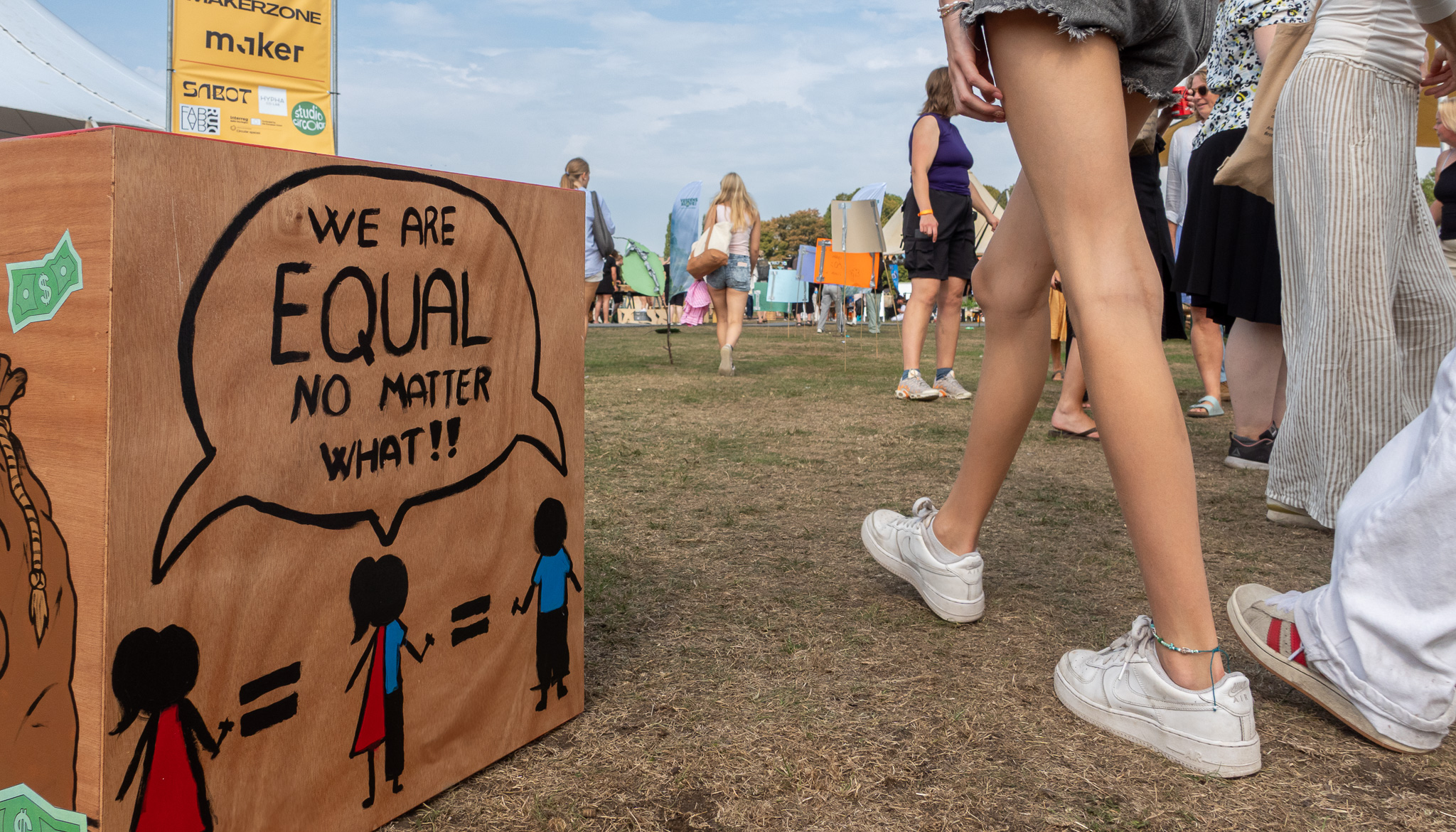
We struggle to live

Bevica Foundation research associate Emil Falster, has written a PhD thesis entitled: We struggle to live — A social-relational and recognition theoretical analysis of barriers to children's agency and mutually recognising relationships from a child's perspective
This thesis examines how children with primarily physically varying functional abilities experience different kinds of barriers in their everyday lives and how that limits their agents and opportunities to enter into mutually appreciative relationships from a child perspective. Additionally, it examines whether and how the barriers affect children's psychoemotional well-being and self-relationships.
The thesis is methodologically based on ethnographic and exploratory fieldwork in three offers: a day offer, a specially organized youth education (STU) and a housing offer, as well as 39 home visits to children with varying functional abilities, during which observations and improvisational interviews with the children and possibly the adults around them, such as parents or professionals, have been conducted.
One of the conclusions is that children with varying functional abilities experience several different barriers in their everyday lives. It can be both material/physical barriers in the form of unavailability and limited access to assistance and support measures. And relational/social barriers in the form of discrimination and degrading treatment that cause feelings of guilt and shame, among other things. Another conclusion is that the psycho-emotional responses limit the agency and possibilities of children to enter into mutually appreciative relationships, as they contribute to self-repressive behavior, in order to protect themselves or their family. At the structural level, children's feelings of guilt and shame are rooted in the fact that they see themselves as the reason why their parents are pressured and stressed by cooperation with municipal authorities and by the lack or limited allocation of help and support. In everyday contexts, children experience barriers primarily through various forms of discrimination, lack of accessibility, and through micro-aggressive behaviors of others, such as bullying by peers or degrading treatment by adults. Here, children adopt self-repressive behaviors in order to protect themselves and avoid feelings such as anxiety, insecurity, guilt and shame.
The various forms of degrading treatment and the barriers can be attributed to a body-normative and generational order that appears to cultivate and, in some cases, legitimize the discrimination and the degrading treatment.
You can find the full PhD thesis here: We fight to live... (ruc.dk)
Note. The thesis is in danish
More knowledge about Universal Design
Explore the Bevica Foundation's Knowledge Library
Latest News
Follow the latest news from the Bevica Foundation below.






